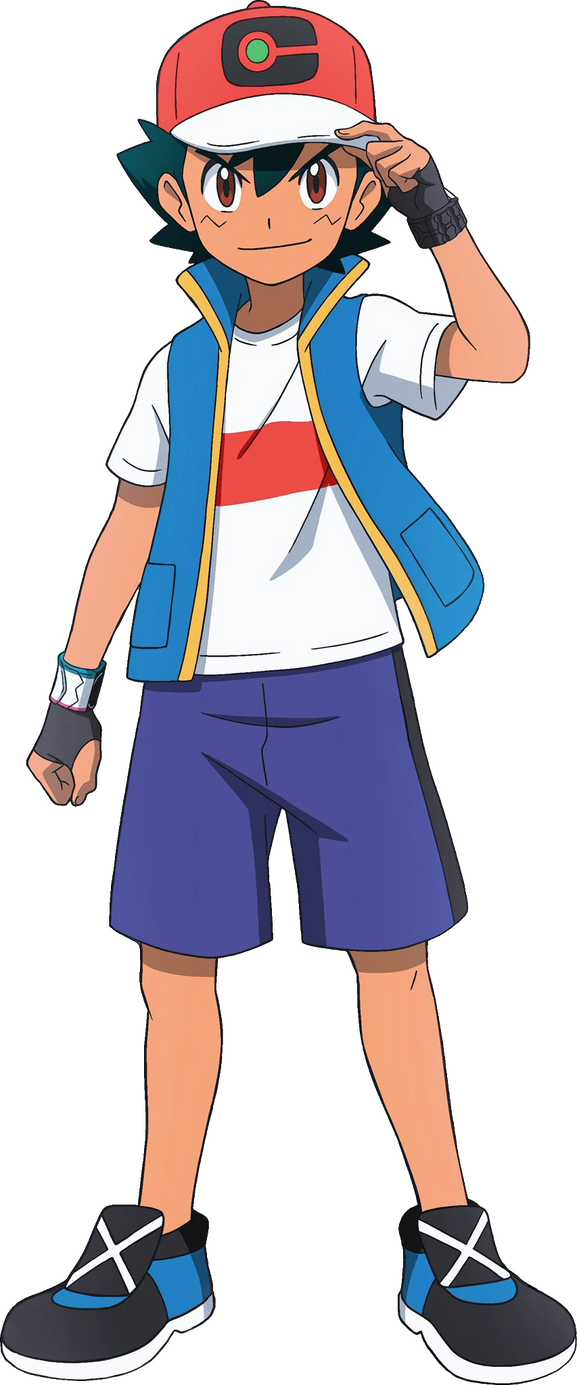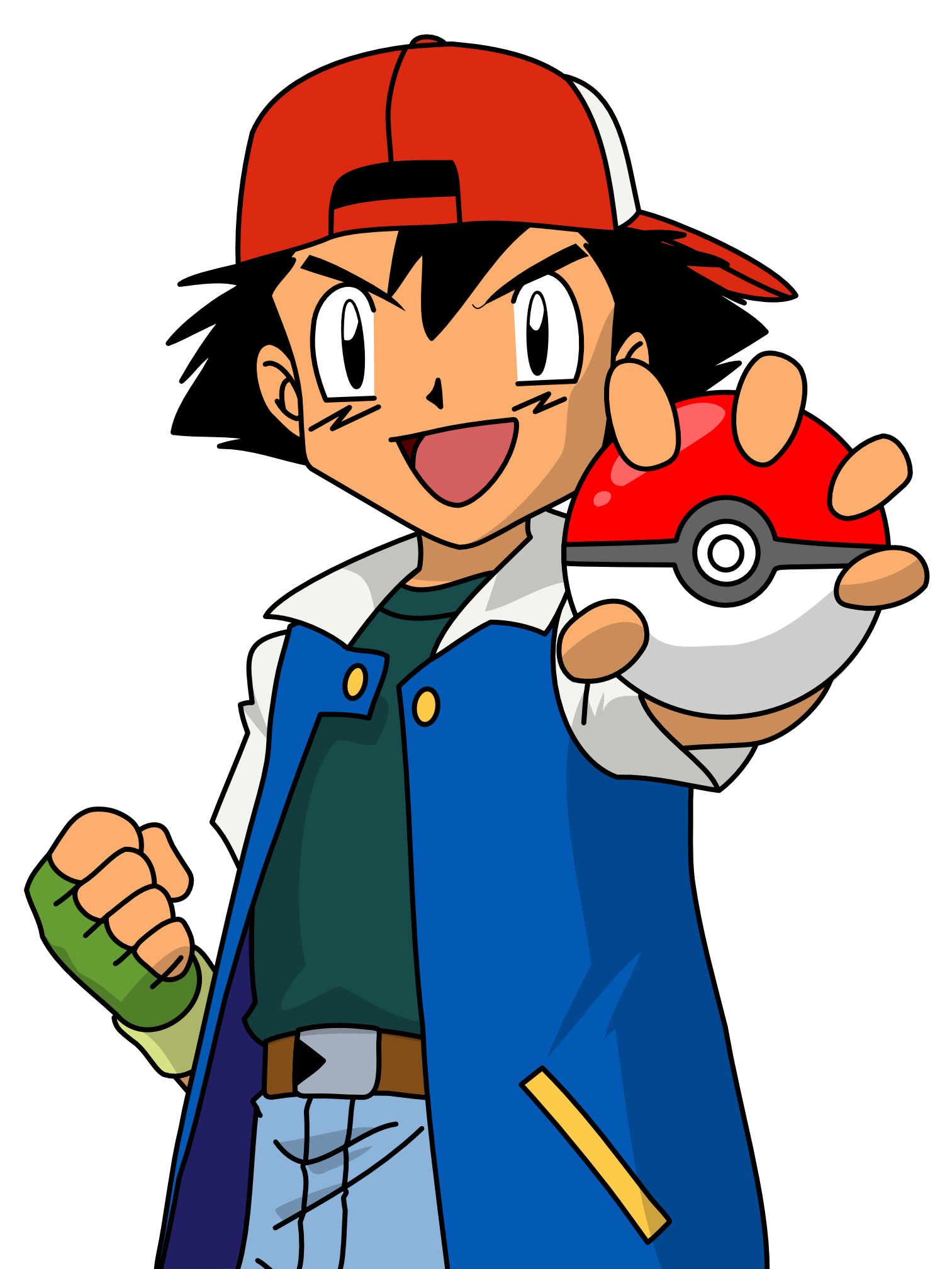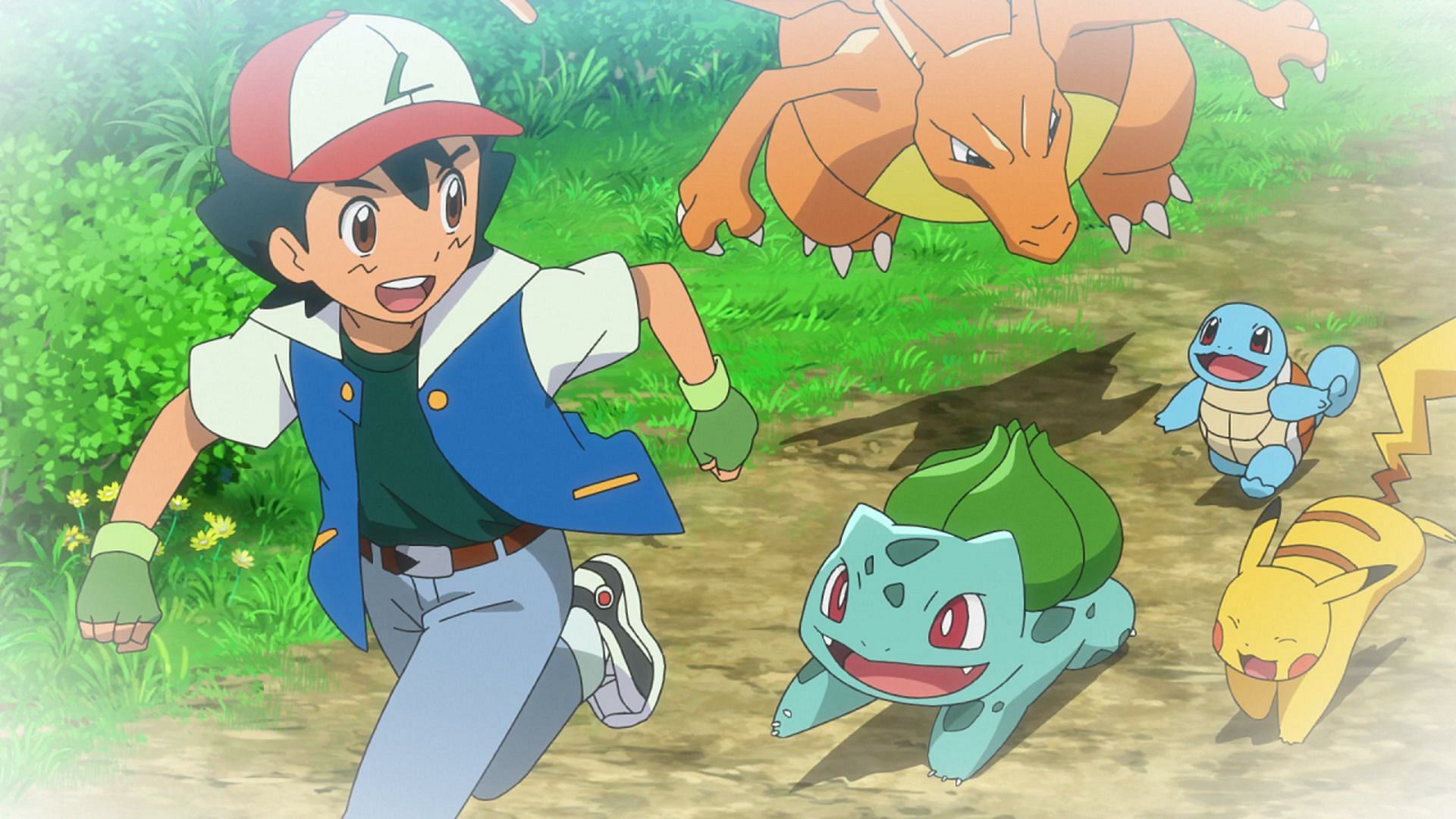Understanding The Buzz Around An Ash Kashh Leak: What You Should Know About Online Privacy
There's a lot of chatter online, and sometimes, you might come across search terms like "ash kashh leak." It's a phrase that, you know, can spark a lot of curiosity, and honestly, it brings up some pretty important questions about what we see and share on the internet. People are naturally curious, and so, when something like this pops up, it can make folks wonder what's really going on, or what information might be out there.
When you see mentions of an "ash kashh leak," or really, any kind of "leak" online, it typically points to a situation where private information, perhaps images, or maybe even personal messages, have apparently become available without permission. This kind of event, you know, tends to make waves across social media and other platforms, prompting many to look for details. It's a bit like when you hear a rumor, and you just want to find out the real story, or what happened.
This article, in a way, aims to help you think through what it means when such terms appear. We'll talk about online safety, how to be a smart digital citizen, and why it's really important to consider the source of information you find. We'll also cover, you know, some general ideas about keeping your own stuff safe online, and how to approach sensitive content responsibly. It's pretty much about staying informed and being thoughtful in our connected world.
- Bonnie Blue 1000 People Video
- 69069 Text Message
- From Champion To Inspiration Ronnie Coleman Now
- Player 125
- Paleseafoam Leaks Of
Table of Contents
- Understanding the Concept of a 'Leak'
- What Does "Leak" Mean Online?
- Why Do "Leaks" Happen?
- The Broader Picture: Online Privacy and Data Security
- Protecting Your Own Digital Footprint
- The Role of Platforms and Users
- Navigating Information Online Responsibly
- Fact-Checking and Verification
- Ethical Considerations of Viewing Leaked Content
- What to Do if You Encounter Sensitive Information
- Frequently Asked Questions About Online Privacy
Understanding the Concept of a 'Leak'
When people talk about a "leak" in the digital space, it's pretty much about private stuff getting out. This could be, you know, photos, private messages, documents, or even personal details that were never meant for public eyes. It's like someone accidentally leaving their diary open for everyone to read, but on a much bigger, more public scale. So, when we hear about an "ash kashh leak," it suggests that something personal linked to "ash kashh" has, apparently, made its way onto the internet without proper consent.
This kind of situation, you know, often brings up lots of discussions about privacy and how easily information can spread online. It's a very real concern for anyone who uses the internet, because our digital lives are, well, pretty much intertwined with our actual lives now. The immediate reaction for many, of course, is to go searching for what the "leak" is all about, which is a natural human tendency, I guess.
What Does "Leak" Mean Online?
A "leak" online, generally speaking, means that private data or content has been shared or exposed without the permission of the person or people involved. It's not usually a technical glitch, but rather, a deliberate act or, sometimes, an accidental slip-up. For example, if someone's personal pictures that they only shared with a few friends somehow end up on a public website, that would be considered a leak. It's a pretty clear breach of trust and privacy, really.
- Selena Quintanilla Outfits A Timeless Fashion Legacy
- Ittesu Suzuki
- Is Cal Raleigh Married
- Exploring The Race Of Steve Perry A Deep Dive Into His Background And Legacy
- Aishah Sofey Boobs Leak
The term can apply to a lot of different things, too. It might be, you know, sensitive business documents, unreleased music, or even private conversations. The key thing is that the information was meant to stay private, and now, it's out there for many to see. This, in a way, can have some serious consequences for the person whose information is involved, affecting their reputation or even their safety.
So, when you see "ash kashh leak" pop up, it's indicating that some form of private material connected to "ash kashh" has, for some reason, become accessible to a wider audience. It's a term that, honestly, carries a lot of weight because it speaks to a violation of personal boundaries. People are, you know, often drawn to these kinds of stories because of the drama or the sheer novelty of seeing something that wasn't supposed to be public.
Why Do "Leaks" Happen?
Leaks can happen for a bunch of reasons, actually. Sometimes, it's a malicious act by someone who wants to cause harm or, you know, gain some kind of advantage. This could be, perhaps, an ex-partner, a disgruntled employee, or even just someone looking for attention. They might deliberately share private content to embarrass or hurt the person involved. It's a pretty nasty thing to do, to be honest.
Other times, a leak might be more of an accident. Maybe someone didn't properly secure their online accounts, or perhaps they shared something with someone they trusted, and that person, you know, then shared it further without thinking. It could also be the result of a data breach where a company's systems are compromised, and customer information, including private content, is then stolen and released. So, it's not always about ill intent, but the outcome is, still, the same.
And then, there's the element of, you know, people trying to get famous or, like, just create a stir. In some cases, individuals might leak their own content, or content related to someone else, to generate buzz or attention. It's a sort of risky strategy, and it can backfire pretty badly. So, the motivations behind these leaks can be quite varied, but the impact on privacy is, very, consistent.
The Broader Picture: Online Privacy and Data Security
Talking about "ash kashh leak" really opens up a bigger conversation about online privacy and how safe our data is, generally speaking. In this day and age, we put so much of our lives online, from photos to personal thoughts, and it's almost impossible to avoid. This means, you know, we all have a stake in understanding how our information is handled and what happens when it gets out.
The internet, while amazing for connecting people, also comes with its share of risks. It's a bit like living in a big city; you enjoy the benefits, but you also need to be aware of your surroundings and take steps to protect yourself. So, thinking about an "ash kashh leak" should, perhaps, make us all pause and consider our own digital habits, and what we might be sharing, even unknowingly.
Protecting Your Own Digital Footprint
Keeping your own digital footprint tidy and secure is, honestly, more important than ever. One simple step, you know, is using strong, unique passwords for all your online accounts. It's like having a different key for every door in your house; if one key gets lost, the others are still safe. A lot of people, apparently, use the same password for everything, which is a bit like leaving all your doors unlocked.
Another thing you can do is turn on two-factor authentication wherever possible. This means, you know, even if someone gets your password, they'd still need a code from your phone or another device to get in. It's an extra layer of security that can make a huge difference. Also, be really careful about what you share on social media. Think before you post, because once something is out there, it's very, very hard to take back.
Regularly checking your privacy settings on social media and other platforms is, perhaps, a good idea too. Make sure you know who can see your posts, your photos, and your personal information. Sometimes, these settings change, or you might have set them up a long time ago and forgotten. So, a quick review, every now and then, can help keep your private stuff, you know, actually private.
The Role of Platforms and Users
Online platforms, like social media sites or cloud storage services, have a big part to play in keeping our data safe, too. They're supposed to have strong security measures in place to protect user information from breaches and unauthorized access. It's their job, you know, to build a secure environment where we can feel comfortable sharing. When a leak happens, it often raises questions about the security practices of these platforms, and whether they're doing enough.
However, we, as users, also have a responsibility. We can't just, you know, rely solely on the platforms to protect us. We need to be smart about what we click on, what information we give out, and who we trust online. It's a bit of a shared effort, really, between the services we use and our own good judgment. So, while platforms should be secure, our personal actions, honestly, matter just as much.
If you're using a service, it's pretty much a good idea to understand their privacy policies. They can be a bit long and, you know, sometimes hard to read, but they tell you how your data is being used and protected. It's like reading the instructions for a new gadget; you might not read every single word, but getting the main points can help you use it safely. So, a little bit of knowledge can go a long way in protecting yourself online.
Navigating Information Online Responsibly
When something like an "ash kashh leak" becomes a topic of discussion, it really highlights the need to approach information online with a bit of caution and, you know, a lot of thought. It's easy to get caught up in the moment, but taking a step back to consider what you're seeing and sharing is, perhaps, pretty important. We're all consumers of information, and so, being responsible about it helps everyone.
The internet is, frankly, full of all kinds of stuff, and not all of it is accurate or, you know, even ethical to look at. So, developing a habit of thinking critically about what you encounter is a valuable skill in this digital age. It's like having a built-in filter for your brain, helping you sort through the noise to find what's real and what's not, or what's right to view.
Fact-Checking and Verification
If you come across information related to an "ash kashh leak," or really, any unverified claims, it's a good idea to try and fact-check it. Don't just, you know, take things at face value. Look for reputable sources that might be reporting on it, or see if the information appears on multiple, trustworthy news sites. If it's only on obscure forums or social media posts, it might not be, you know, entirely accurate.
Consider the source, too. Is it a well-known news organization with a history of accurate reporting, or is it a random account on social media? You know, anyone can post anything online, so it's up to us to be a bit skeptical. Cross-referencing information with different sources can help you get a clearer picture. It's pretty much about being a detective for your own information consumption.
Sometimes, things spread really fast online, especially if they're sensational. But speed doesn't always mean accuracy. So, taking a moment to verify before you share or believe something is, honestly, a really good practice. It helps prevent the spread of misinformation, which can, in some respects, cause a lot of harm. You know, it's about being part of the solution, not adding to the problem.
Ethical Considerations of Viewing Leaked Content
Beyond just checking if information is real, there are also some pretty serious ethical considerations when it comes to viewing or sharing leaked content, especially if it's personal. If someone's private photos or messages have been exposed without their consent, then, you know, looking at them can contribute to their distress. It's like being a bystander to a private moment that's been forced into public view.
Think about the person involved. How would you feel if your private moments were suddenly, you know, all over the internet for strangers to see? It's a pretty violating experience, and by consuming that content, you're, in a way, participating in that violation. This is a very important point, as a matter of fact. It's not just about what's legal, but also what's, you know, morally right.
Supporting sites or individuals who share leaked private content can also, honestly, encourage more of it. If there's a demand for it, then, you know, people might be more likely to supply it. So, choosing not to engage with such content is a powerful way to, perhaps, stand up for online privacy and respect for others. It's a small action, but it can have a big impact on the overall online environment.
What to Do if You Encounter Sensitive Information
If you happen to come across what appears to be sensitive or private information related to an "ash kashh leak," or any other person, there are a few things you can, generally speaking, do. First off, avoid sharing it further. Spreading such content, you know, only makes the situation worse for the person involved. It's like throwing fuel on a fire, and that's not helpful for anyone.
You can also consider reporting the content to the platform where you found it. Most social media sites and websites have mechanisms for reporting content that violates their terms of service, especially if it's private or non-consensual. This is a pretty direct way to help get it taken down. It's a bit like telling the landlord about a problem; they're the ones who can actually fix it.
Support privacy and responsible online behavior. Instead of focusing on the "leak" itself, you know, perhaps talk about the importance of digital safety and respect for others' personal lives. Encourage your friends and family to be careful about what they share and what they consume online. It's a bit like promoting good habits; if everyone does it, the whole community benefits.
Remember that the internet, for all its good, also has areas where privacy can be easily compromised. Being aware of this, and taking steps to protect yourself and others, is a very important part of being a good online citizen. For more general advice on keeping your digital life secure, you can learn more about online safety tips on our site. It's really about being proactive, you know, rather than reactive.
Understanding how information spreads and the potential consequences of "leaks" can help us all make better choices online. It's a pretty complex space, but with a bit of thought, we can, you know, navigate it more safely. If you're curious about broader issues of digital security, you might find more information on consumer privacy guidelines. It's, honestly, about staying informed and making smart decisions.
Frequently Asked Questions About Online Privacy
How can I protect my online information?
Protecting your online information, you know, really starts with strong, unique passwords for every account. It's a pretty basic step, but it's super effective. Also, turn on two-factor authentication whenever you can; that extra verification step makes it much harder for someone to get into your accounts, even if they somehow get your password. And, you know, be very careful about what you share on social media, because once it's out there, it's really hard to pull back.
What are the risks of accessing leaked content?
Accessing leaked content, especially if it's private personal material, carries several risks. First, you're, you know, potentially exposing yourself to harmful or inappropriate material. Second, you might be supporting unethical behavior, as the content was shared without consent. Third, there could be legal implications, depending on the nature of the content and where you are. It's also, honestly, just not very respectful of the person whose privacy has been invaded. So, it's pretty much best to avoid it.
Is it legal to share private information without consent?
No, generally speaking, it is not legal to share private information, like photos or messages, without the consent of the person involved. Laws vary by place, but many jurisdictions have laws against non-consensual sharing of intimate images, harassment, and defamation. Even if it's not strictly illegal in every single case, it's, you know, almost always a violation of privacy and can lead to serious consequences, both legally and socially. It's a pretty clear ethical line, to be honest, that shouldn't be crossed.
- Pok%C3%A9mon Odyssey
- Discovering The Multitalented Max Minghella An Artistic Journey
- Morten Harket The Voice Of Aha And His Enduring Legacy
- As The World Caves In Song Meaning
- Was The Shah Of Iran A Good Leader

Ash Ketchum (Pokemon) by Blue-Leader97 on DeviantArt

Ash Ketchum by Mighty355 on DeviantArt

10 most powerful Pokemon caught by Ash Ketchum